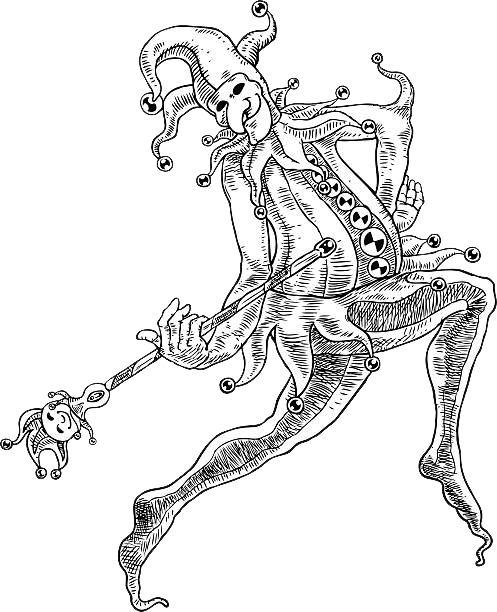Introduction
"Every disease is a musical problem, every cure is a musical solution."
― Novalis
This project is an odd confluence of three of my interests: political economy, machine learning, and luthiery of odd acoustic instruments. None of these affairs I can claim to be particularly knowledgeable about so, per usual, this project began by wielding my typical artist-as-excuse ethos to embark on an adventure wrought by intrepid ignorance. Of Strings and Kings is a set of musical compositions written for strings and machine learning algorithms intended to accompany this manuscript. The compositions interspersed throughout the essay will serve as aesthetic counterparts relating to each chapter’s subjects.
The first chapter will draft a framework of some of the bleak vectors of platforms, big data, cloud computation, and centralized AI when drawn to their conclusions. I will tell a cautionary tale of this totalizing hegemony that is being established by harnessing cluster computation and transcontinental network infrastructure and will draw historical parallels to the despotic doctrine that entrenches sovereign rule. In the second chapter I will address the ideas of play and practice as a way of claiming agency in a domain of increasingly unique sets of uncertainty. I will use a multitude of musical metaphors to correlate to various deep learning techniques (training, prediction, learning, feedback, and bias) and will use these metaphors to articulate ways of retaining harmonious improvisational dynamics with the abounding swarms of behavior modifying algorithms that live in our pockets, networks, and cities. The third chapter’s aim is to review alternative tuning systems as a tool for recalibrating not just our music, but our social relations. Much like tuning an acoustic instrument, algorithms are tuned and optimized. I will posit different ideas for how we get our hands on these parameters to bring about more harmonious and equitable outcomes. I will discuss a number of topics including data-as-labor, distributed ownership, co-operative parametric design, right-to-explanation, decentralized machine learning, and optimizing for utilities that redistribute decision making and minimize extraction.
Before diving into the first chapter allow me to provide a brief primer on the composition and instrumentation. These compositions were written for custom fabricated lyres, hammered dulcimer, lute, gittern, and popular machine learning techniques including LSTM RNN1 (long short-term memory recurrent neural networks), adversarial neural audio synthesis2, and a multitude of others cited in appendix B3. I will only partially expound upon on the relevance of the various tuning systems and algorithms’ aesthetic and technical significance throughout the essay but will provide detailed auxiliary reflections in appendix A4. In short, the music is stylized in neo-feudal minstrel songform with accompaniment from gothic automata. This synthesis of ars antiqua and deep learning portends a speculative future in which the class asymmetries of yore are resurrected through menacing algorithmic injunctions.
1 “LSTM Networks” https://www.tensorflow.org/tutorials/sequences/recurrent
2 “Adversarial Neural Audio Synthesis | OpenReview” https://openreview.net/forum?id=H1xQVn09FX
3 “Appendix B: Algorithms & Libraries", https://ofstringsandkings.pointlinesurface.com/Appendix-B-Algorithms-Libraries
4 “Appendix A: Auxiliary Musical Context”, https://ofstringsandkings.pointlinesurface.com/Appendix-A-Musical-Context
